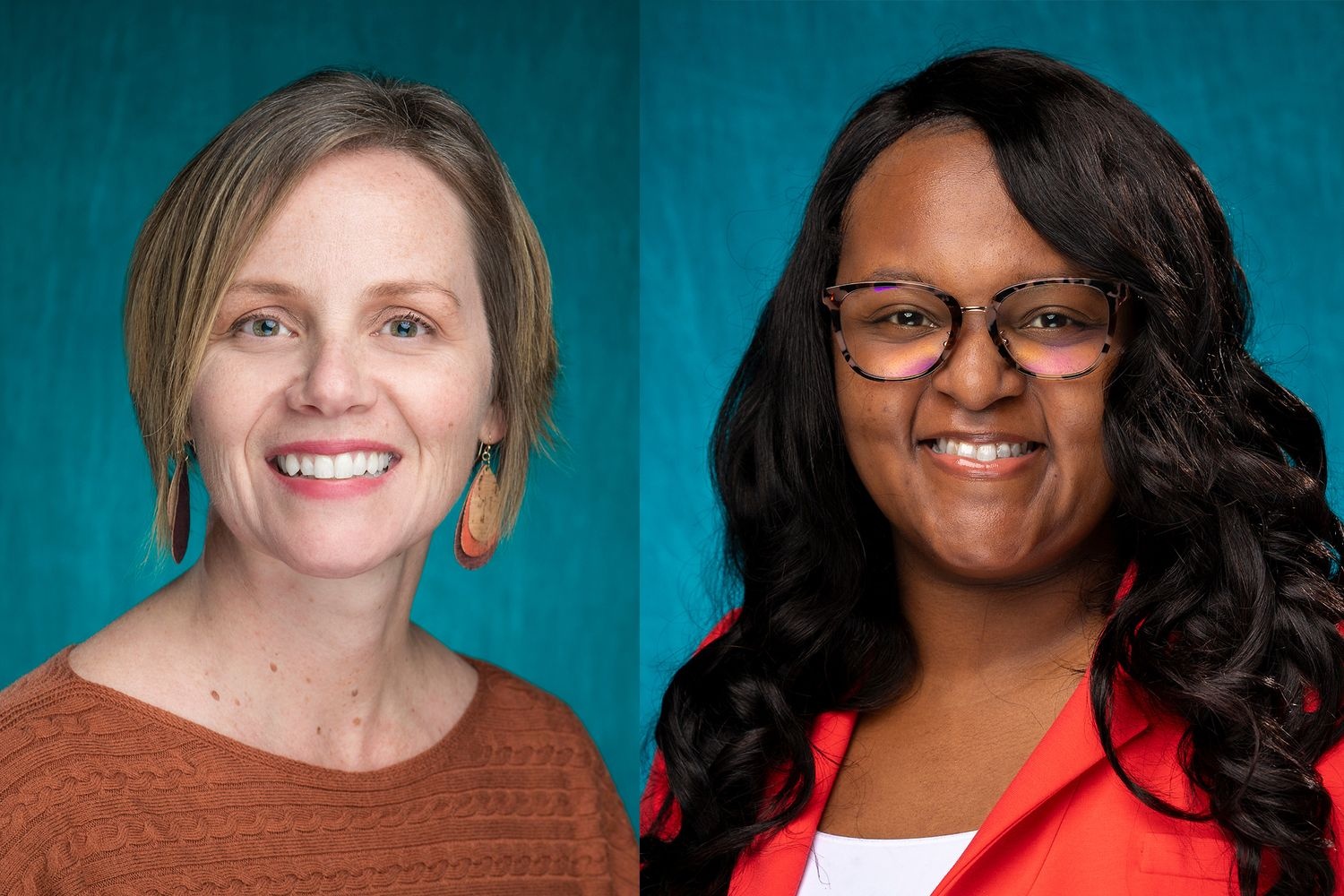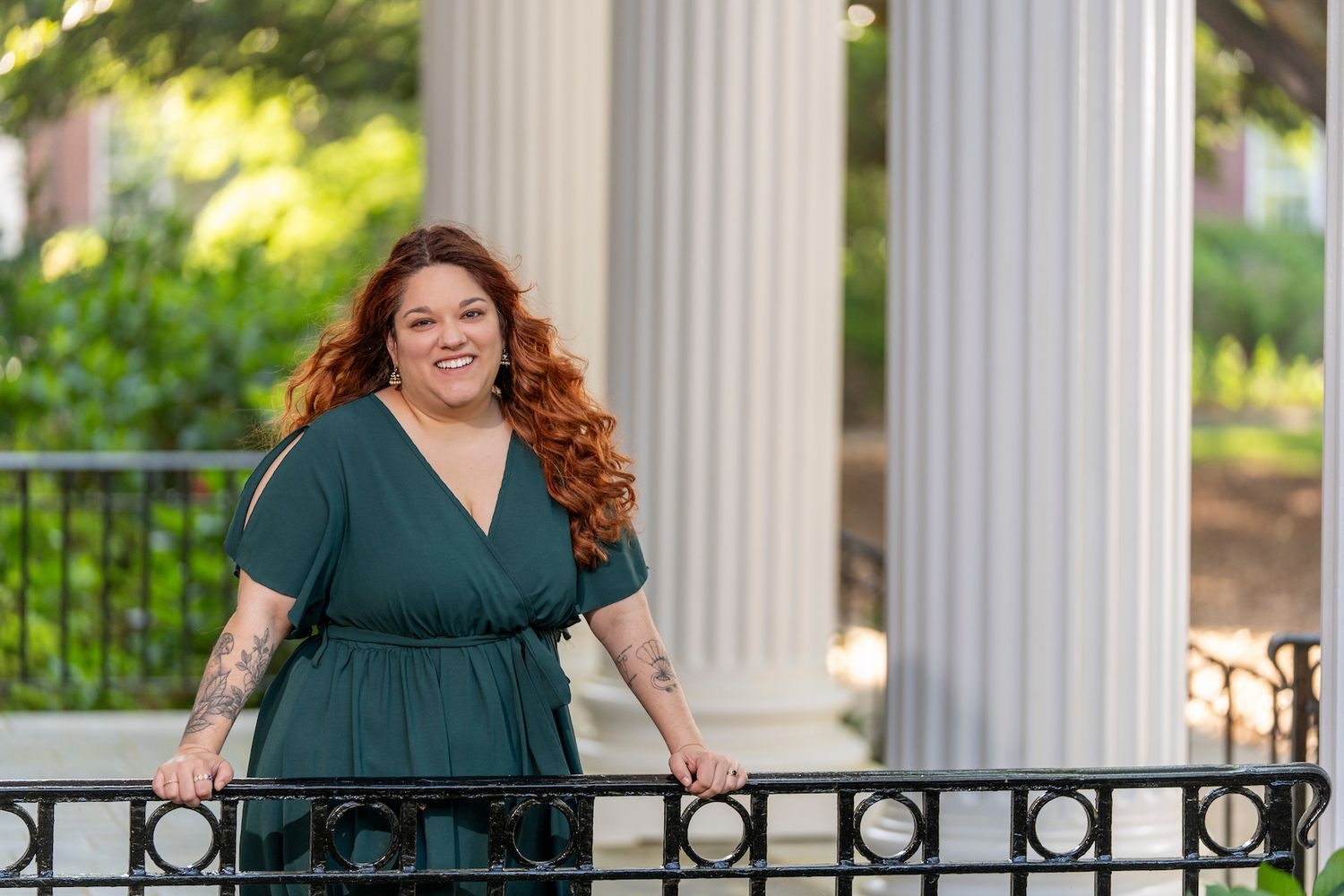News & Events
Read UNC Wilmington's School of Social Work's latest updates from our faculty, students, and alumni, including news, initiatives, awards and honors, upcoming events, and more.
March is Social Work Month
Social Work: Uplift. Defend. Transform
The ability of Social Workers to uplift, defend and positively transform the millions of people they work with each day is needed now more than ever. Visit socialworkers.org for planned activities.
18,000: Uplifting and Defending Children Impacted by Parental Incarceration
Thursday, March 12
9:30-10:45 a.m. and 11 a.m.-12 p.m.
Discovery Hall 170
In recognition of Social Work Month 2026 and the national theme, “Social Workers: Uplift. Defend. Transform.”, the School of Social Work will host Melissa Radcliff, Program Director of Our Children’s Place of Coastal Horizons, on March 12 for two presentations (9:30–10:45 AM and 11:00 AM–12:00 PM) in Discovery Hall.
The number 18,000 represents the estimated number of children in North Carolina impacted by parental incarceration and reentry. These children often experience stigma, disrupted attachment, economic instability, and reduced access to supportive services.
Drawing on over 15 years of statewide advocacy and education work, Radcliff will discuss how Our Children’s Place partners with correctional facilities, schools, and community organizations to create opportunities for children to maintain connections with incarcerated parents and to strengthen coordinated community responses.
This event highlights how social workers uplift children and families, defend the rights of vulnerable populations, and work to transform systems that shape family well-being. As mental health challenges, discrimination, and threats to safety nets continue to impact communities, social workers remain essential in advancing justice and promoting resilience.
Questions: Please contact Dr. Tiffany Lane at lanet@uncw.edu. No rsvp is required.
Be Kind to Your Mind Mental Health Awareness Festival and Fundraiser
Saturday, March 21, 2026 • 12-5 p.m.
UNCW Amphitheater
FREE!
Come together in a fun and safe environment to learn about and connect with the mental health resources that support a healthier, more resilient community. Shop from local artists (jewelry, pottery, woodworking, and more!), grab a bite to eat from local food trucks, and hear live music.
Bring a food donation to support the Good Shepherd Center and Hawk’s Harvest, UNCW’s food pantry for students who are experiencing food insecurity – and get a raffle ticket to win a gift basket!
Free parking is available in the Fisher Lot (615 Hamilton Drive). View a campus map here.
Hosted by and supporting the UNCW School of Social Work.
Health and Human Services Week
Health Without Borders: Connecting People, Professions, and Places
March 23-27, 2026
This weeklong series is designed to designed to inspire, educate, and promote health and wellness. Visit uncw.edu/hhs-week to learn more. Be sure to sign up for programming created and hosted by Social Work students and faculty! CHHS's Health and Human Services Week is generously sponsored by Novant Health.
Healing Trauma Through EMDR Therapy
Anka Roberto and Briana Carr have spent their careers exploring care and practices in the aftermath of trauma through treatments like EMDR therapy.

UNCW Alumna Advocates for Refugee Families
Since graduating from UNC Wilmington in 2018 with a Bachelor of Social Work, Leslie Hernandez has dedicated her career to helping vulnerable populations find stability and safety.

Tania Smith ’15, ’25M
Tania Smith ’15, ’25M has always been driven by a passion for helping others and creating positive change. Her time at UNCW offered her opportunities to make a meaningful impact.

UNCW Celebrates Faculty Awards Ceremony
UNCW Celebrates Faculty Awards Ceremony

Amaria Rankins ’25
Amaria Rankins’ compassion and drive to help others inspired her to pursue a major in social work at UNCW.

